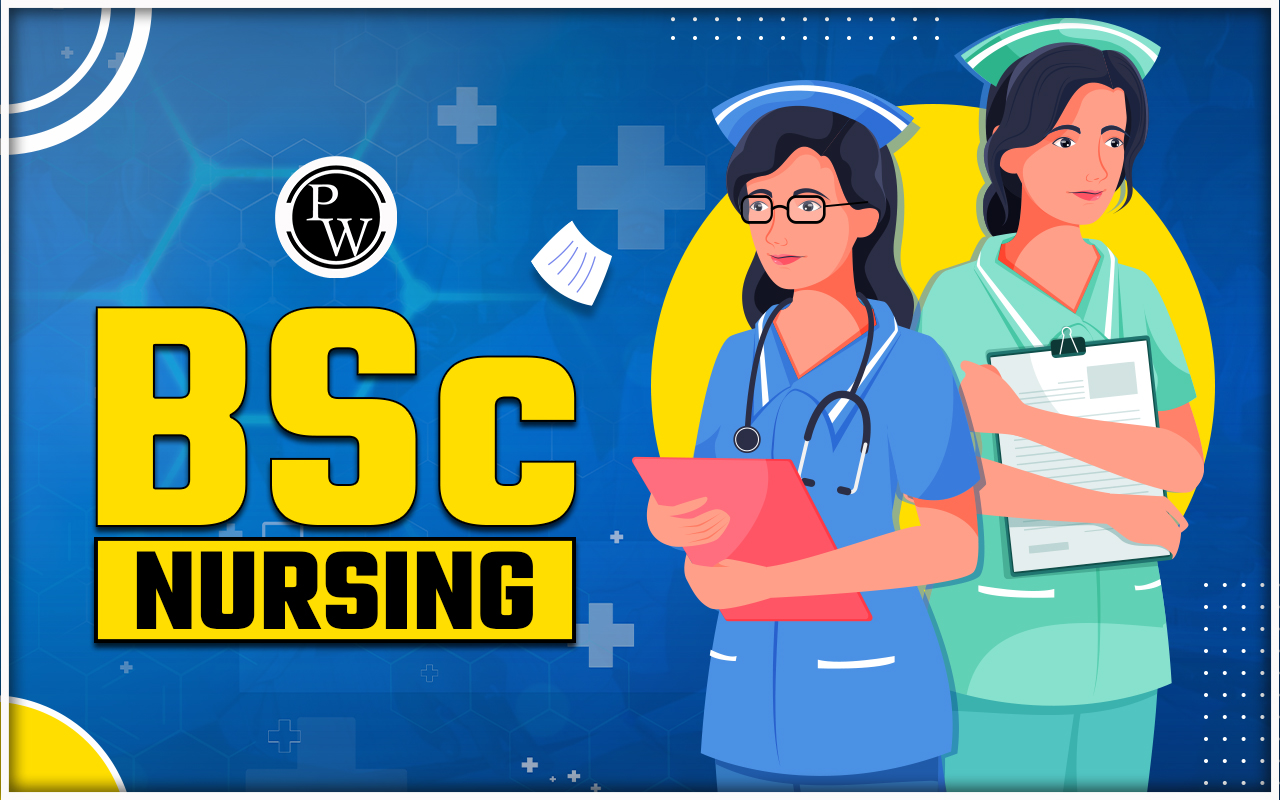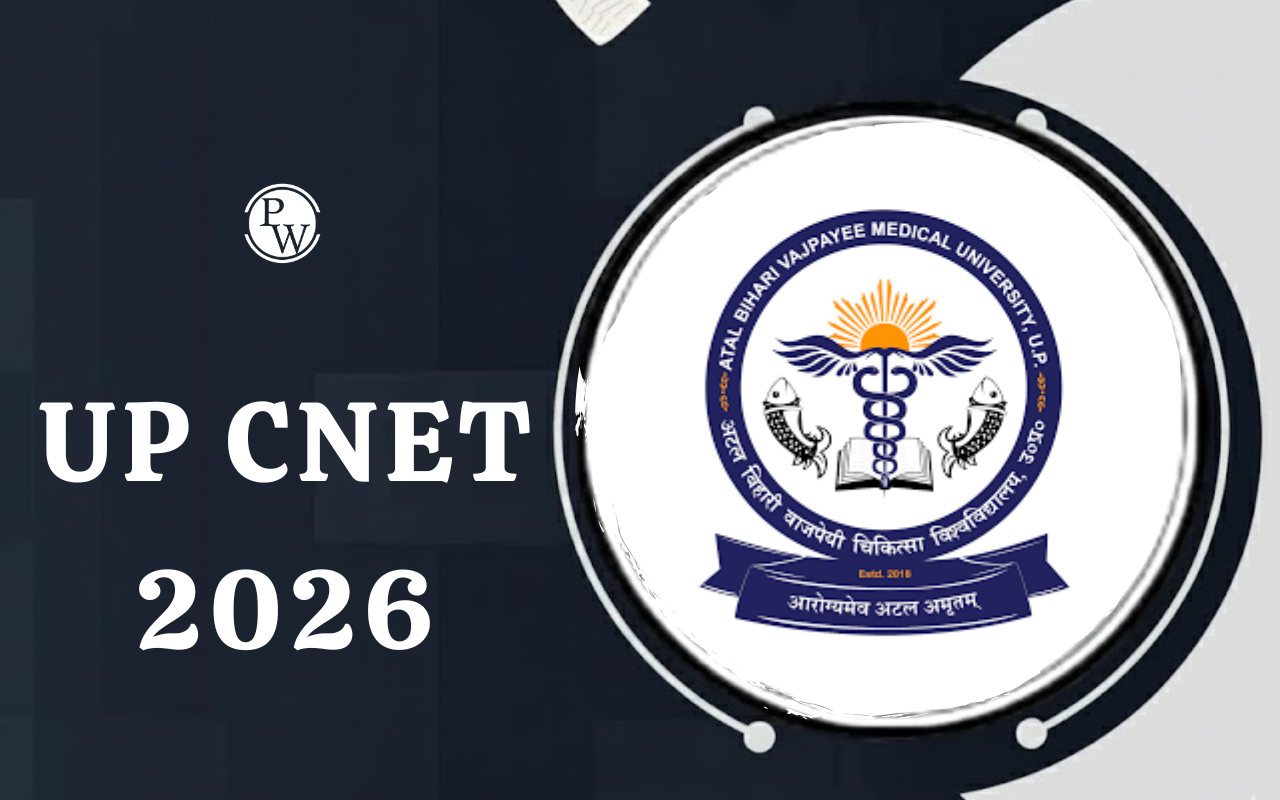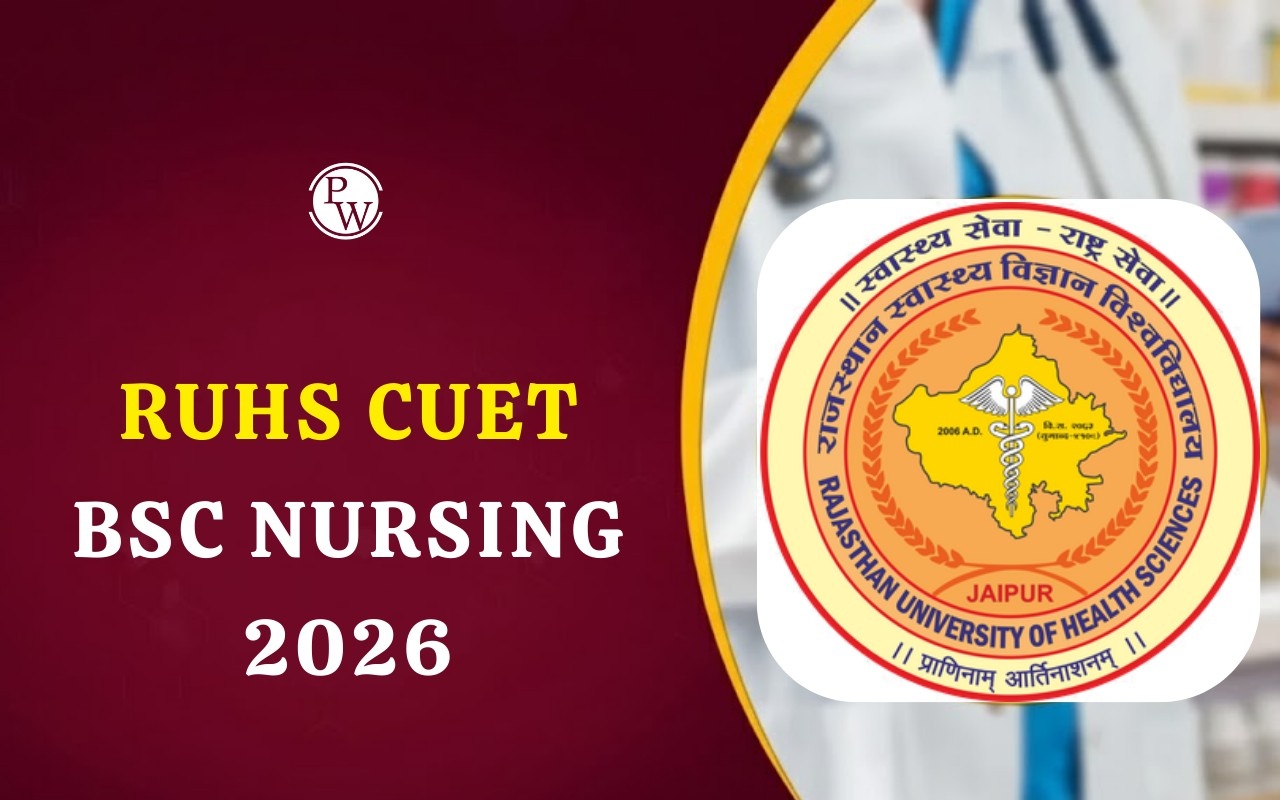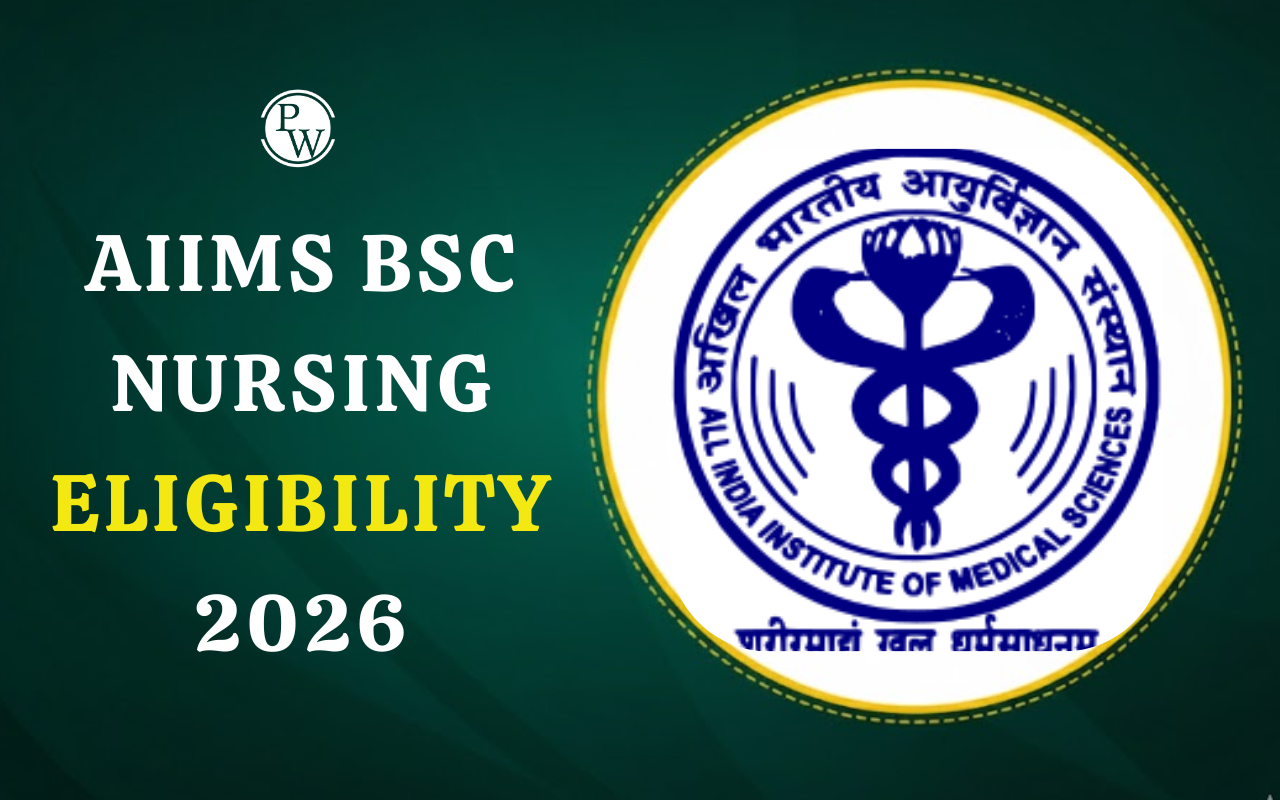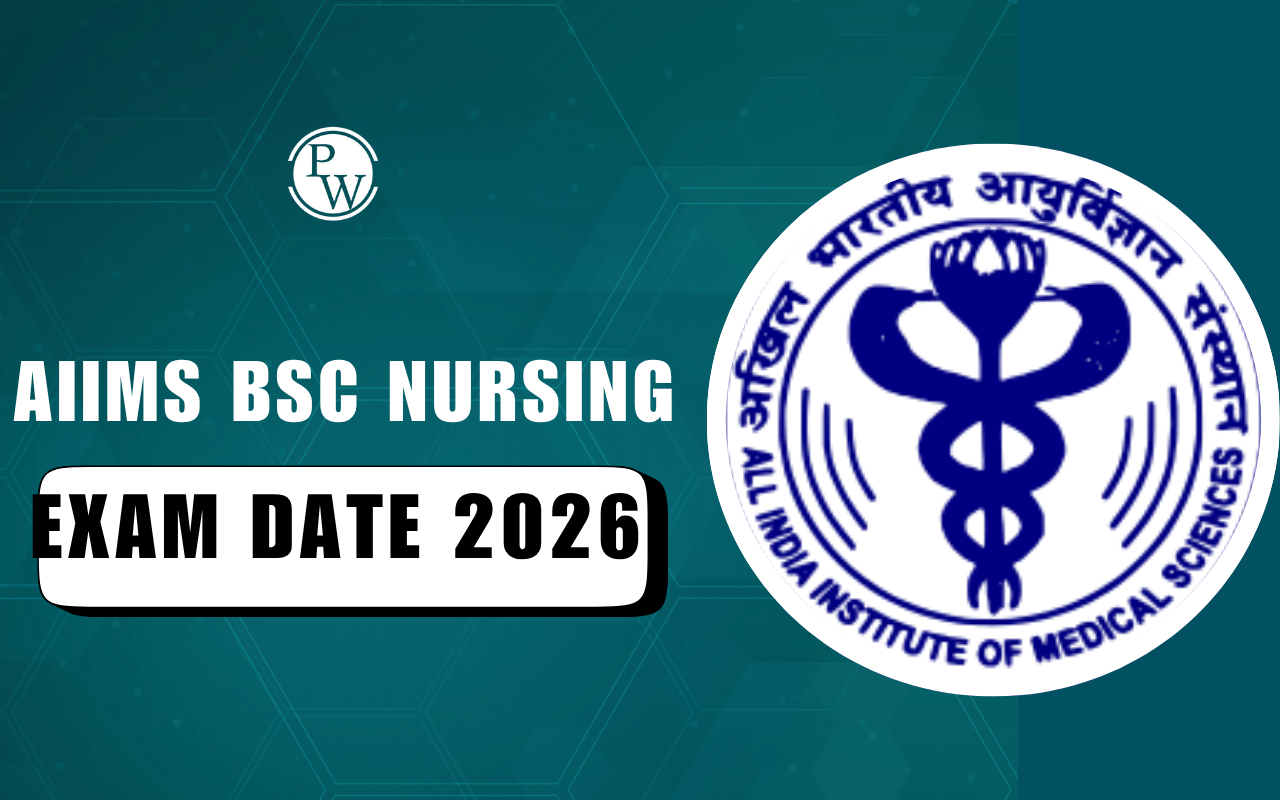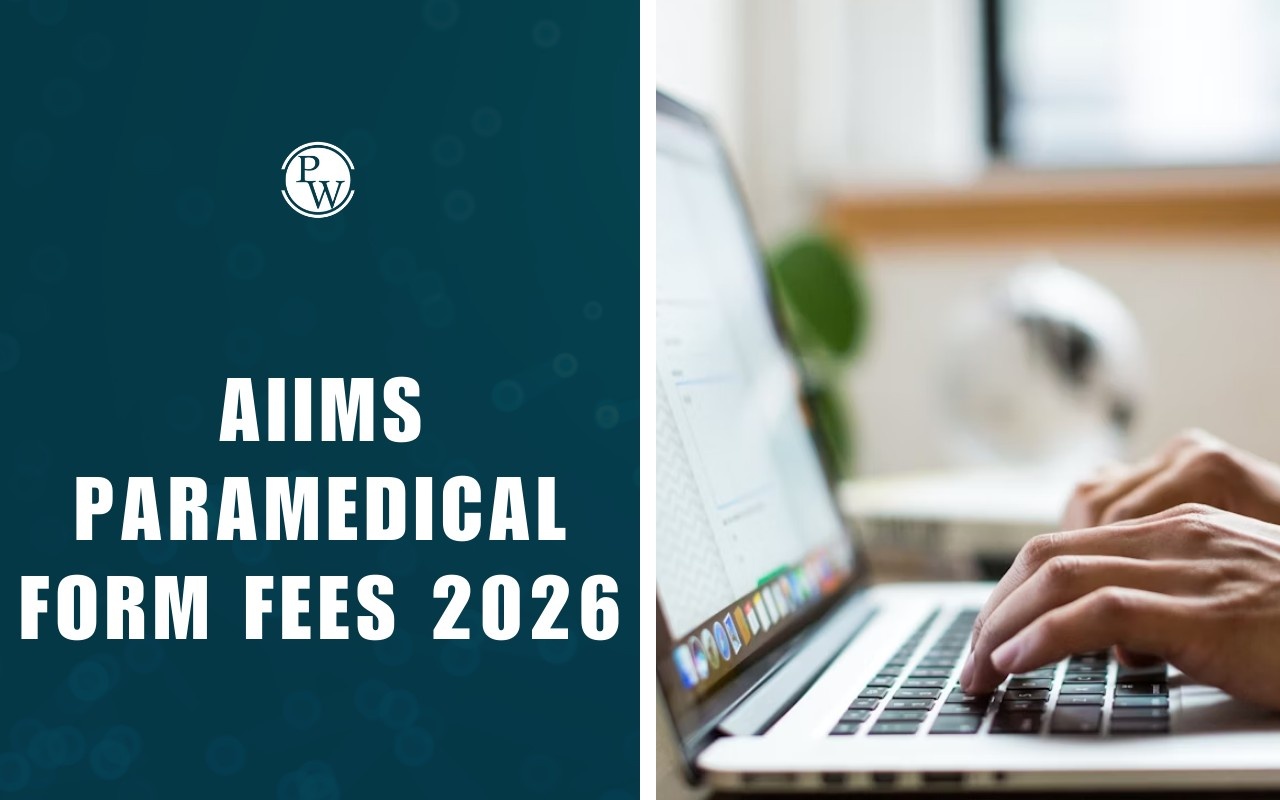
The BSc Nursing Syllabus 1st Year - Nursing Foundations II course is a vital part of the nursing curriculum, designed to provide students with essential skills and knowledge for effective patient care. Spanning 240 hours, this course combines 120 hours of theory with 120 hours of practical lab sessions, ensuring a comprehensive learning experience. Key topics include hygiene, the nursing process, oxygenation, medication administration, and care for patients with sensory alterations. By emphasizing both theoretical understanding and hands-on practice, the course prepares students to deliver compassionate care across various clinical settings. This foundational course not only enhances nursing competencies but also fosters a holistic approach to patient-centered care.
Course Details for BSc Nursing Syllabus 1st Year - Nursing Foundations II
The Nursing Foundations II course is a critical component of the BSc Nursing program, designed for the second semester. This comprehensive course spans 240 hours, combining both theory and practical lab sessions to equip students with essential nursing skills. Through a focus on the nursing process, the course emphasizes the importance of promoting oxygenation and the safe administration of medications. By integrating theoretical knowledge with hands-on practice, Nursing Foundations II prepares students to deliver effective and compassionate patient care in various clinical settings.| Detail | Description |
|---|---|
| Placement | 2nd Semester |
| Credits | 6 Credits (Theory) + 3 Credits (Lab) |
| Duration | 240 Hours (120 Theory, 120 Lab) |
| Description | Focuses on providing nursing care through the nursing process, promoting oxygenation, and administering medications. |
BSc Nursing Syllabus 1st Year - Nursing Foundations II
The BSc Nursing Syllabus 1st Year - Nursing Foundations II course is essential for nursing students, focusing on fundamental concepts and practices in patient care. This course covers vital topics such as hygiene, the nursing process, oxygenation and fluid balance, medication administration, care for patients with sensory alterations, and approaches to death and grief. By integrating theoretical knowledge with practical applications, students learn to provide comprehensive nursing care and support patients through various health challenges. This curriculum not only enhances clinical skills but also fosters a compassionate approach to patient-centered care. Here's the simplified table with just the units, learning outcomes, and content:| UNIT | Topic | Content Description |
|---|---|---|
| I | Identify and meet the hygienic needs of patients | • Factors influencing hygienic practice • Hygienic care: Indications and purposes • Care of the skin (bath, feet, nails, hair) • Care of pressure points • Assessment of pressure ulcers • Perineal and oral care • Care of eyes, ears, nose |
| II | Describe the nursing process | • Critical thinking in nursing • Overview of assessment, diagnosis, planning, implementation, evaluation |
| III | Identify and meet the nutritional needs of patients | • Importance and assessment of nutritional status • Special diets • Care of patients with dysphagia, anorexia |
| IV | Identify and meet elimination needs | • Urinary and bowel elimination: Physiology, assessment, care |
| V | Explain specimen collection and normal values | • Phases of diagnostic testing • Common investigations |
| VI | Assess and promote oxygenation needs | • Cardiovascular and respiratory physiology • Nursing interventions to promote oxygenation |
| VII | Describe fluid and electrolyte balance | • Physiological regulation • Disturbances in fluid volume |
| VIII | Explain principles of medication administration | • Medication definitions, orders, calculations • Routes of administration |
| IX | Provide care for sensory alterations | • Components of sensory experience • Care of unconscious patients |
| X | Explain loss, death, and grief | • Types of loss and grief responses • Theories of grief and care |
| XI | Develop understanding of self-concept | • Components of self-concept • Nursing management |
| XII | Describe sexual development | • Sexual health and development • Prevention of STIs |
| XIII | Describe stress and adaptation | • Sources and effects of stress • Coping strategies |
| XIV | Explain cultural norms in care | • Cultural concepts and competence • Addressing spiritual needs |
| XV | Explain nursing theories | • Overview of selected nursing theories • Application in practice |
| XVI | Apply first aid principles | • Basic principles and management of emergencies |
Assessment Methods for BSc Nursing Syllabus 1st Year - Nursing Foundations II
The assessment methods for the BSc Nursing Syllabus 1st Year - Nursing Foundations II course are designed to evaluate students' theoretical knowledge and practical skills. These diverse methods ensure that students can demonstrate their understanding of essential nursing concepts and their ability to apply them in clinical settings. Through a combination of structured examinations and written assessments, students are prepared for real-world nursing challenges.| Assessment Method | Description |
|---|---|
| Objective Structured Clinical Examination (OSCE) | A practical exam where students demonstrate clinical skills and decision-making in simulated scenarios. |
| Short Answers | Concise questions that assess students' understanding of key nursing concepts. |
| Essays | In-depth written responses evaluating critical thinking and the ability to synthesize information. |
BSc Nursing Syllabus 1st Year - Nursing Foundations II FAQs
What is the duration of the Nursing Foundations II course?
What key topics are covered in this course?
How many credits does the course offer?
What assessment methods are used in this course?
How does this course prepare students for nursing practice?



